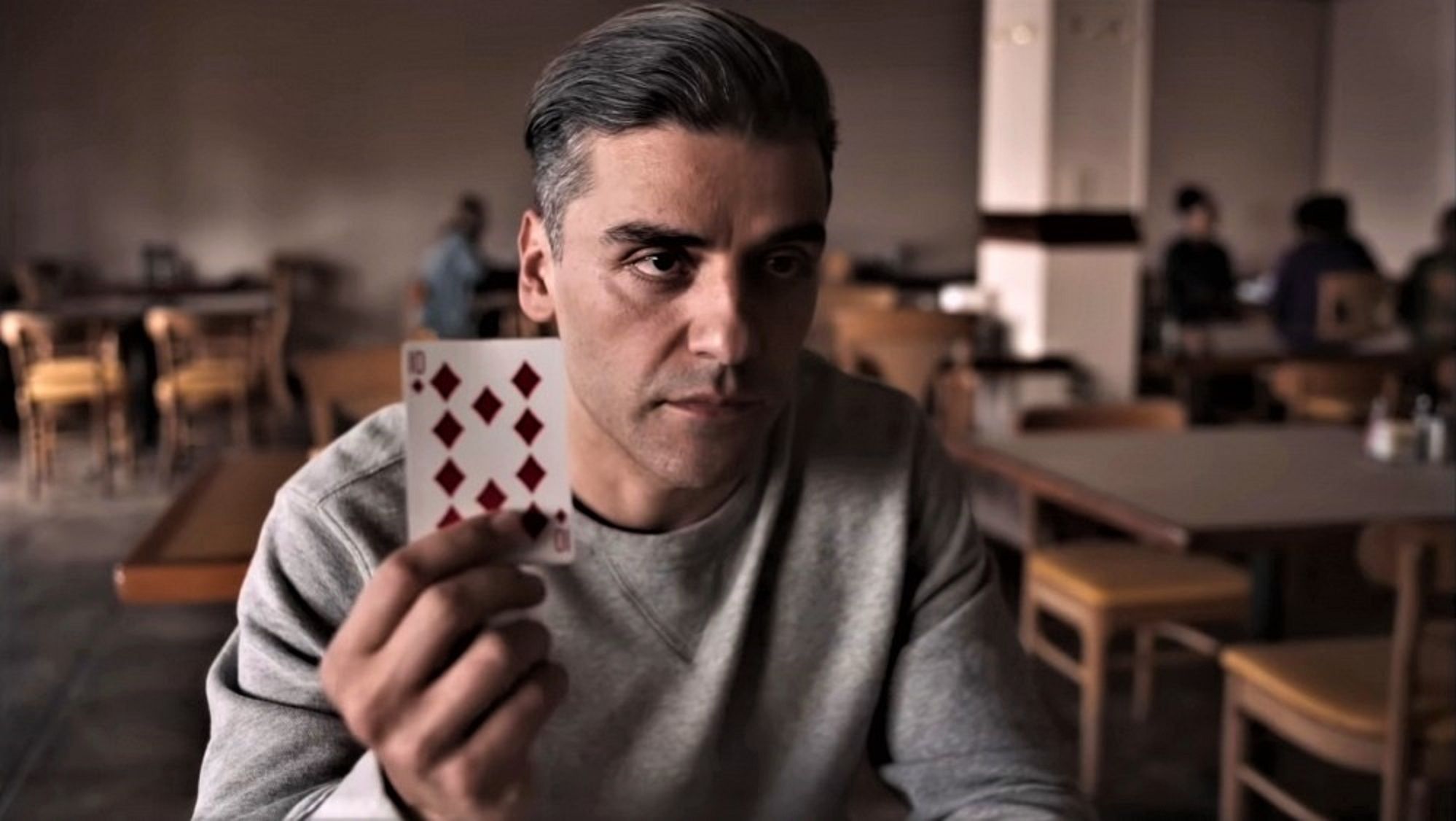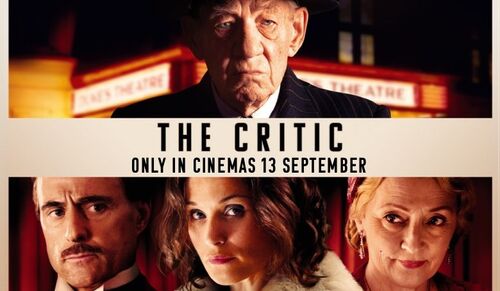
'The Card Counter' Review
 “The Card Counter” is writer/director Paul Schrader’s first film since 2018’s “First Reformed”. That movie earned Schrader the first Oscar nomination of his decades-long, critically-acclaimed career. It had a unique, polarizing story and featured a top-notch performance from Ethan Hawke.
“The Card Counter” is writer/director Paul Schrader’s first film since 2018’s “First Reformed”. That movie earned Schrader the first Oscar nomination of his decades-long, critically-acclaimed career. It had a unique, polarizing story and featured a top-notch performance from Ethan Hawke.
The strength of “The Card Counter” is also the central character, more specifically the idea of him. William Tell (played by Oscar Isaac) is a gambler. His life consists of traveling from one casino to another, winning pots and cashing chips, mostly playing blackjack and poker. But, as a card counter, he can’t win too big or the authorities will spot him and ban him. William has a specific routine, staying in nearby motels (not hotels inside the casinos) and he covers every item in his room with white cloths.
Isaac’s early narration is very “inside card playing” — descriptive and complex, but also interesting. Isaac looks the part — and his attitude is on point. Schrader had so many directions he could’ve taken this cool, appealing character. Unfortunately, the ones he chose simply do not work.
Tell’s an ex-con (he learned how to count cards in prison). His past catches-up with him when a young ‘kid’ named Cirk (Tye Sheridan) conveniently recognizes him at a convention at one of the casinos. The two soon become road buddies on the casino circuit. Their talky scenes about Cirk’s family life and future are painfully dull.
The only thing missing in this formulaic set-up is the potential female love interest. But not for long. Into their lives comes La Linda, played unconvincingly by Tiffany Haddish. She becomes Tell’s financial backer on their road to the World Series of Poker. Haddish apparently has been a longtime fan of Schrader’s work. But the fit here is not good. And Willem Dafoe has a mostly minor presence, though his character is at the center of this saga.
“The Card Counter” never fully justifies its existence. There are also too many distractions — from Haddish’s presence and Dafoe’s goofy mustache to odd camera tricks, loads of close-ups, fake punches, and bad editing. The first two-thirds are tolerable, but the final act completely falls apart, highlighted by scenes that defy simple logic.
Schrader’s films are “a little out there” — so he gets plenty of rope when it comes to story and character. But, in the end, the hand we’re dealt here is not a winner.


